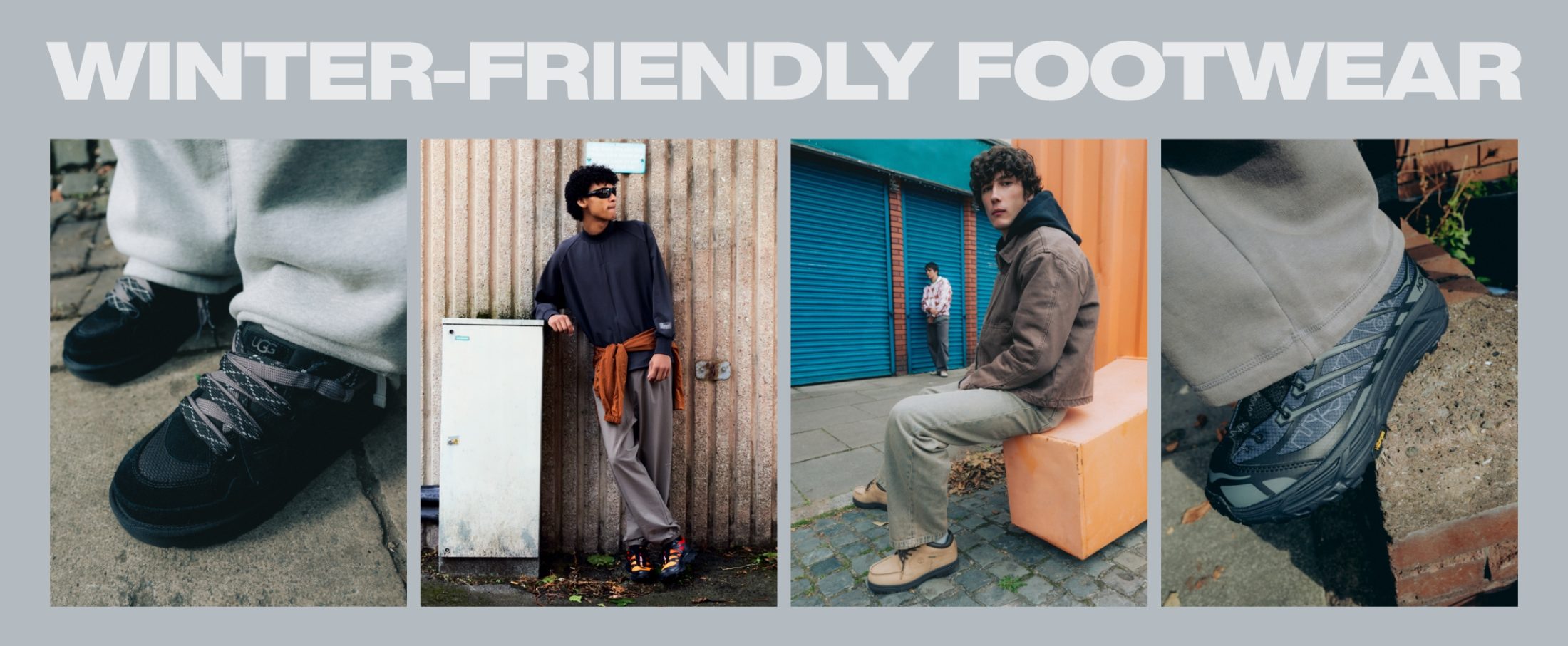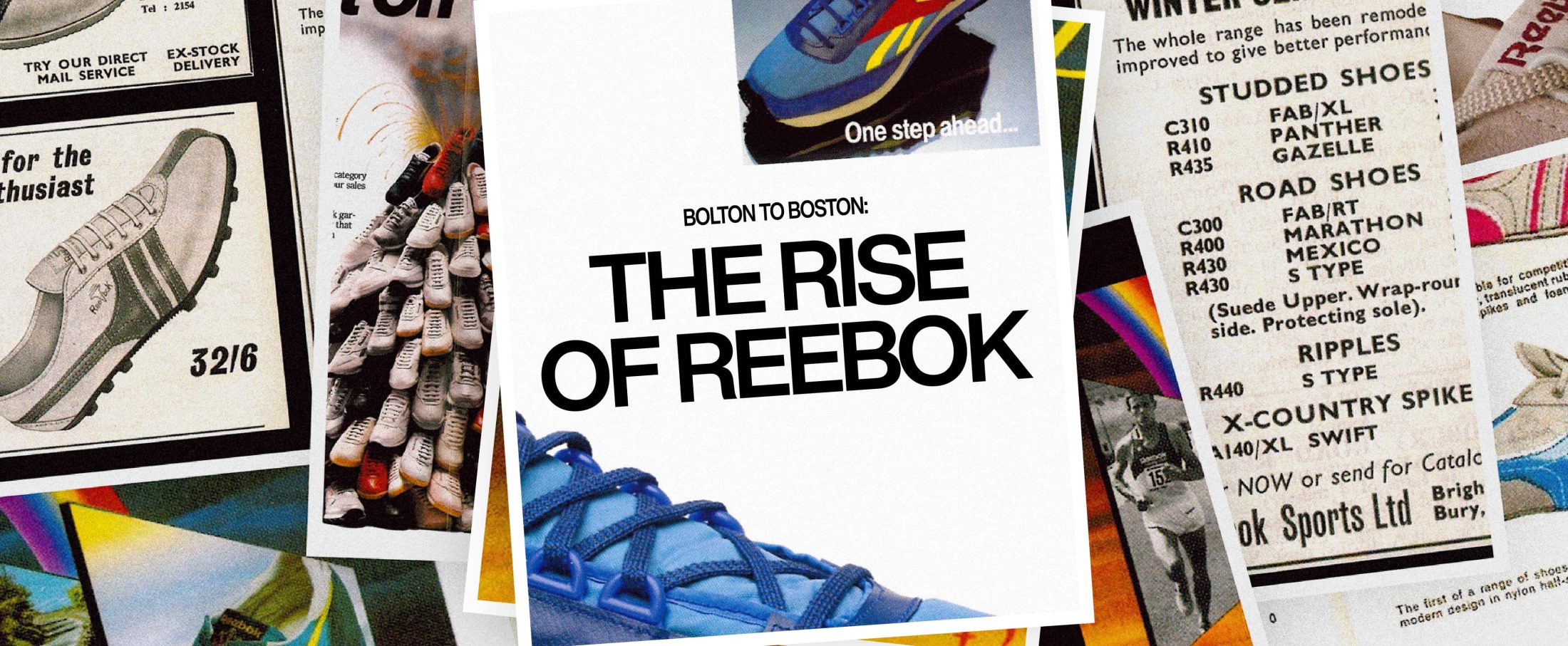The people of Liverpool with MC Nelson
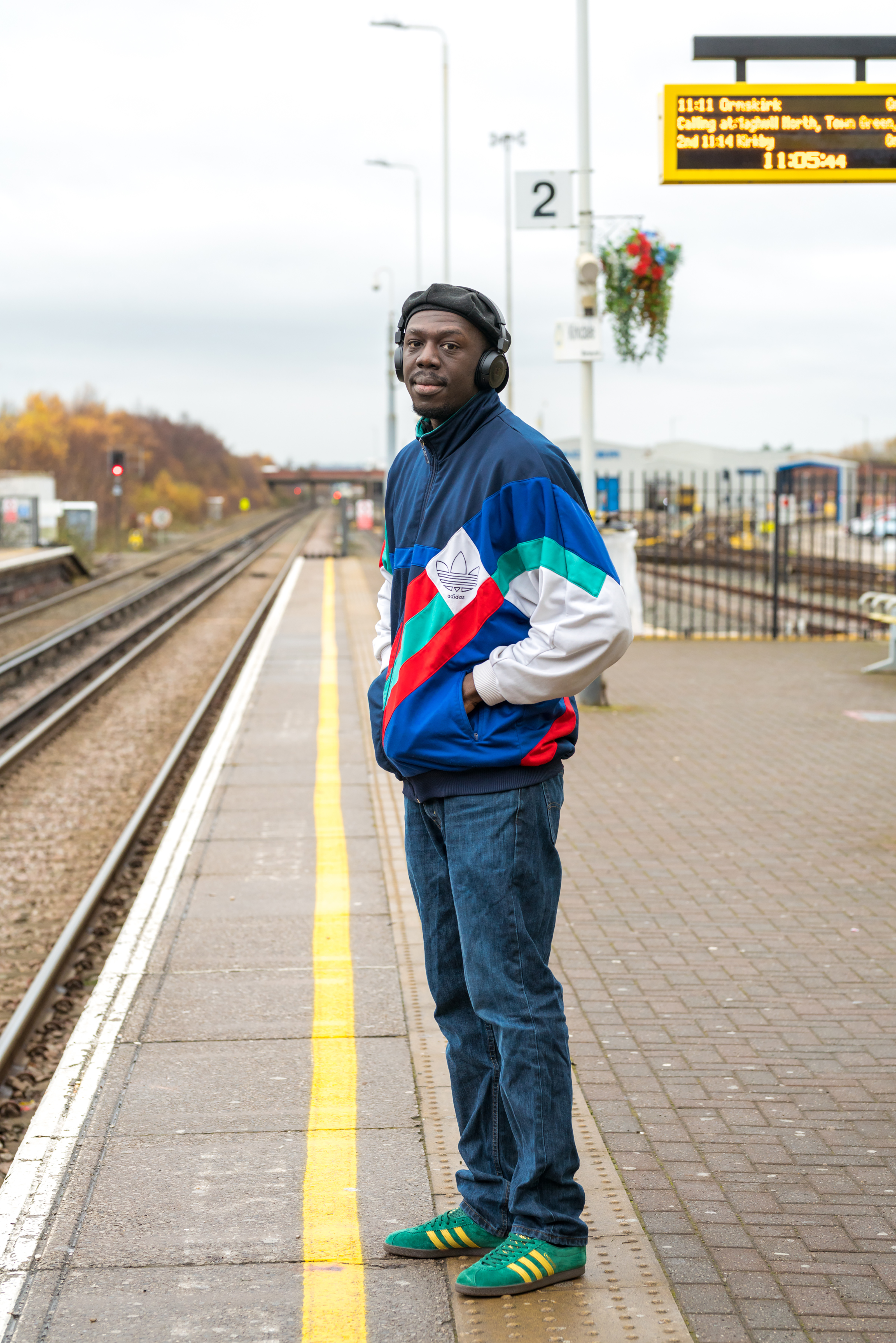
In the run-up to the highly anticipated adidas Originals ‘Liverpool’, we spoke to four people who span generations of the city’s modern era, telling the story of those who have been devoted to its defining themes: football & music. After already sitting down with Peter Hooton & Jacqui Mcassey, next on the agenda was MC Nelson.
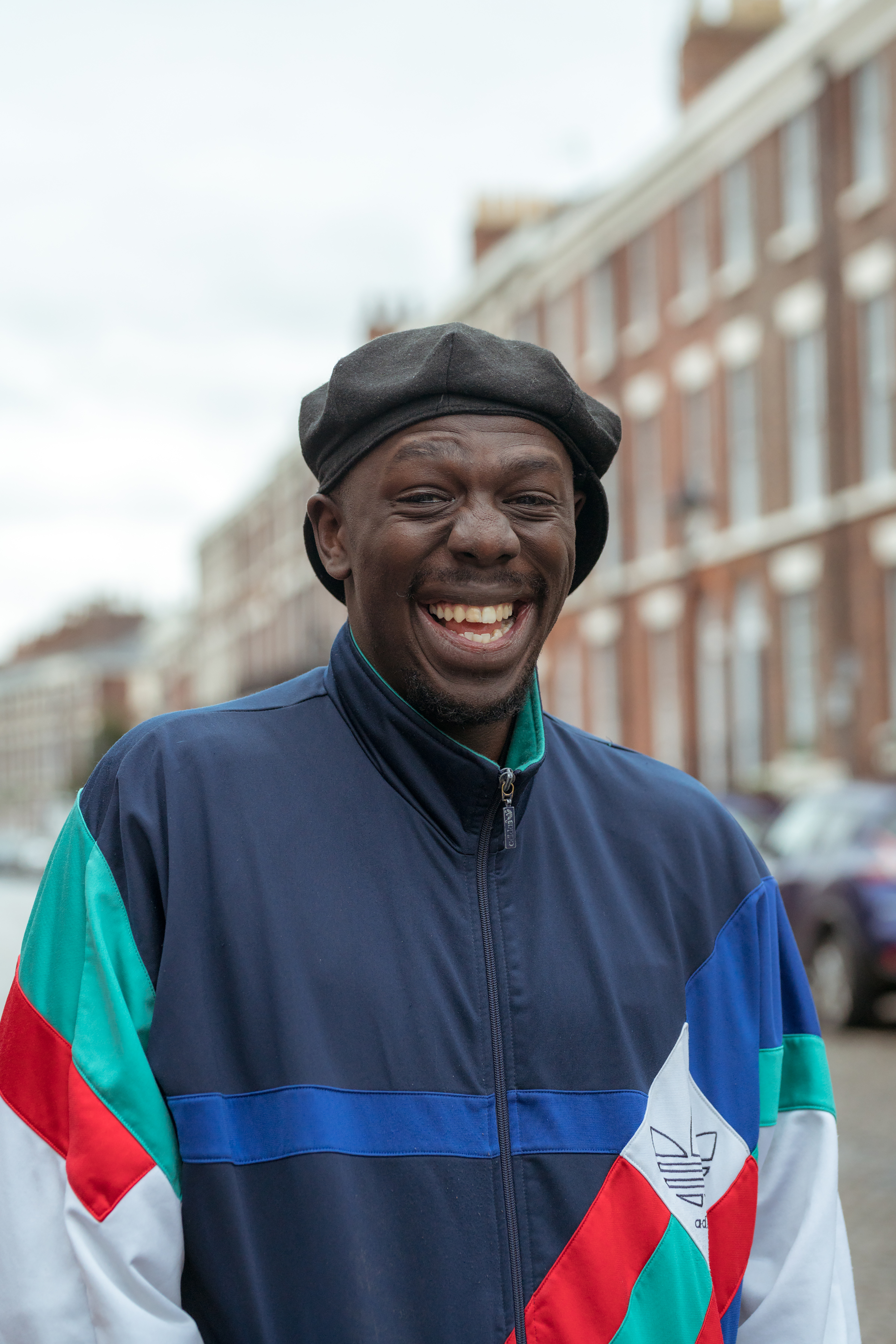
MC Neslon
Born in Aigburth, South Liverpool, Nelson Idama’s work explores what it means to be black and Scouse, raps over jazzy, relaxed beats: socio-political history with lashings of good humour, two things very close to the city’s heart. We caught up with him in the Georgian Quarter for some food and a quickfire chat about the new Liverpool sound.
Tell me a bit about your musical upbringing.
I grew up in a house full of music. Nigerian music, hip hop from my older brother, loads of Fela Kuti, Nas, De La Soul. Then when I was fourteen, I listened to a lot of grime. I started off in this little South Liverpool grime crew – we were called OMD, which stood for ‘Oh My Days’ because we were very, very unimaginative. As I got older, as my life changed, I started making hip hop that reflected what was going on with me.
What was going on with you?
You know, the things happening in my life. Figuring out my own identity, talking about race and my family history, Liverpool and growing up in Liverpool then moving away from Liverpool. I started trying to reflect on what was going on around me.
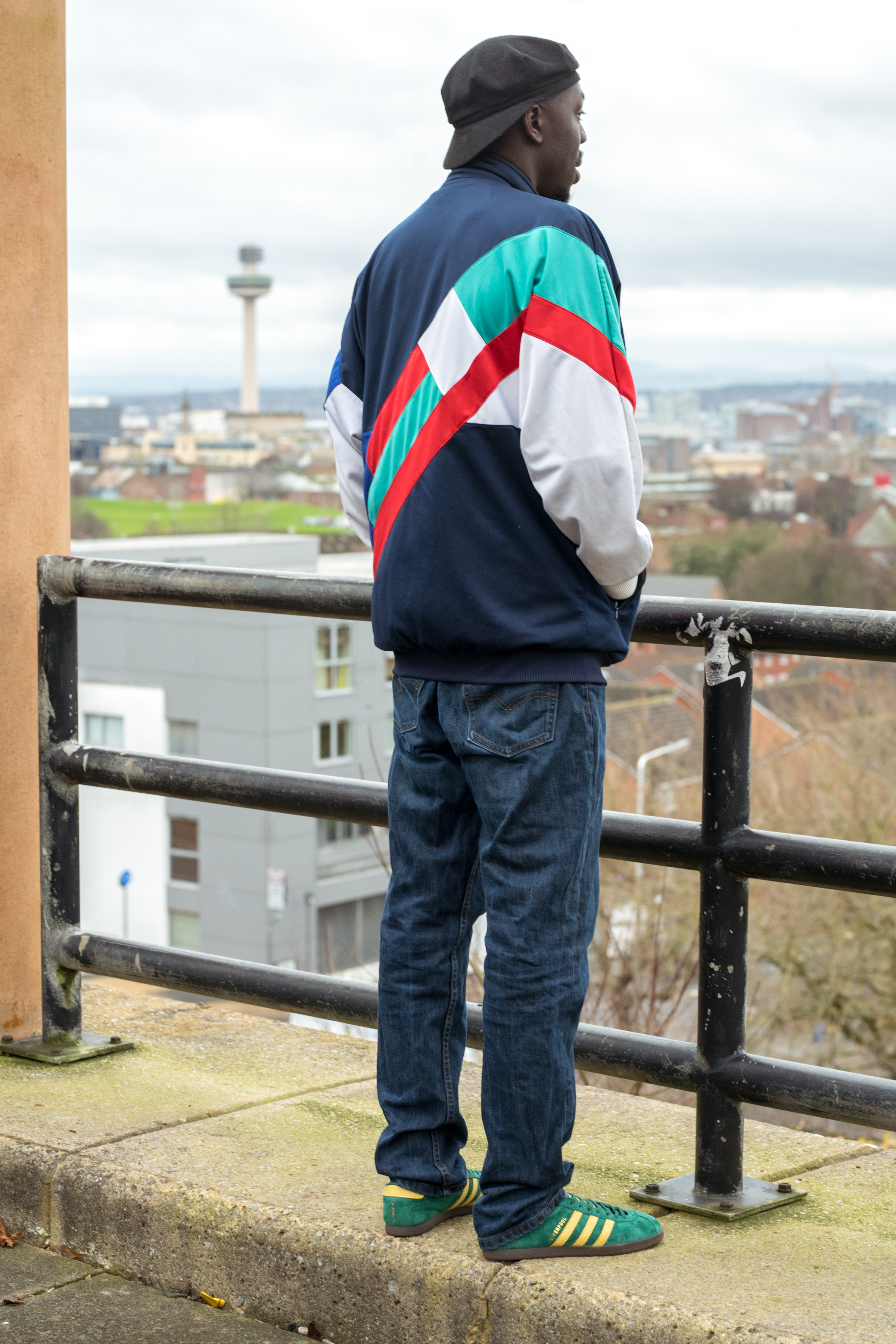
How has Liverpool directly influenced your music?
Oh, it’s been massive. My family ended up in Liverpool by chance, so I’ve always had an appreciation for the fact we could have ended up anywhere. It could have been some backwards nowhere town, but it was this city with so much character and history I will always be thankful for that.
I think there’s a ‘Liverpool sound’, definitely. There’s this theory that because we’re so close to the river, everything has this airy, watery sound which I really think I reflect in my music. It’s all very relaxed, laidback, but with a lot of Scouse humour weaved into it.
That humour and personality is a big part of the area’s identity. Is that something you notice when you play shows elsewhere?
Definitely, but that’s how identity works, isn’t it? When I was in Liverpool everyone’s Scouse, so you don’t really notice it, but when I moved to London for a bit, I was just known as The Scouser. That point of difference, it makes you appreciate it a lot more when you’re not inside it.

How would you describe the city’s personality?
It’s fair to say that it’s a city that’s seen its fair share of adversity over the years, but it definitely has a light-heartedness and sense of humour, a sense of camaraderie and community – that’s a huge thing here. Those tough times have brought some gallows humour, but I think, like, since the turn of the Millennium, there’s been a sense of optimism.
I feel like that’s reflected in my music, too. I do focus a lot of history in my music because Liverpool has a mad history, going back to the Empire and its place in it that isn’t necessarily that well known, but I do always like to focus on going forward and looking at what Liverpool can, and will, be like in the future.
I also think England has influenced us in a different way. Looking to England shows you what not to do, and what we are setting ourselves apart from. As I said identity is a big theme in my music, and in order to solve the question “am I really English?”, I first have to establish, what it means to be English.
I have a lot of references to the past, too – that’s something inescapable here. In my songs, I mention things about like Liverpool having the oldest black community in Europe and things like that. I do try to use it as a vehicle to speak about those topics that get overlooked.
Do people come to you and say things like “I didn’t even know that about my own city”?
A million per cent. People are always like, “Why didn’t we learn this in history class?” You learn about Henry VIII and stuff, but you aren’t even taught about the place where you grew up. We need to know about the streets we walk down and how they got their names.
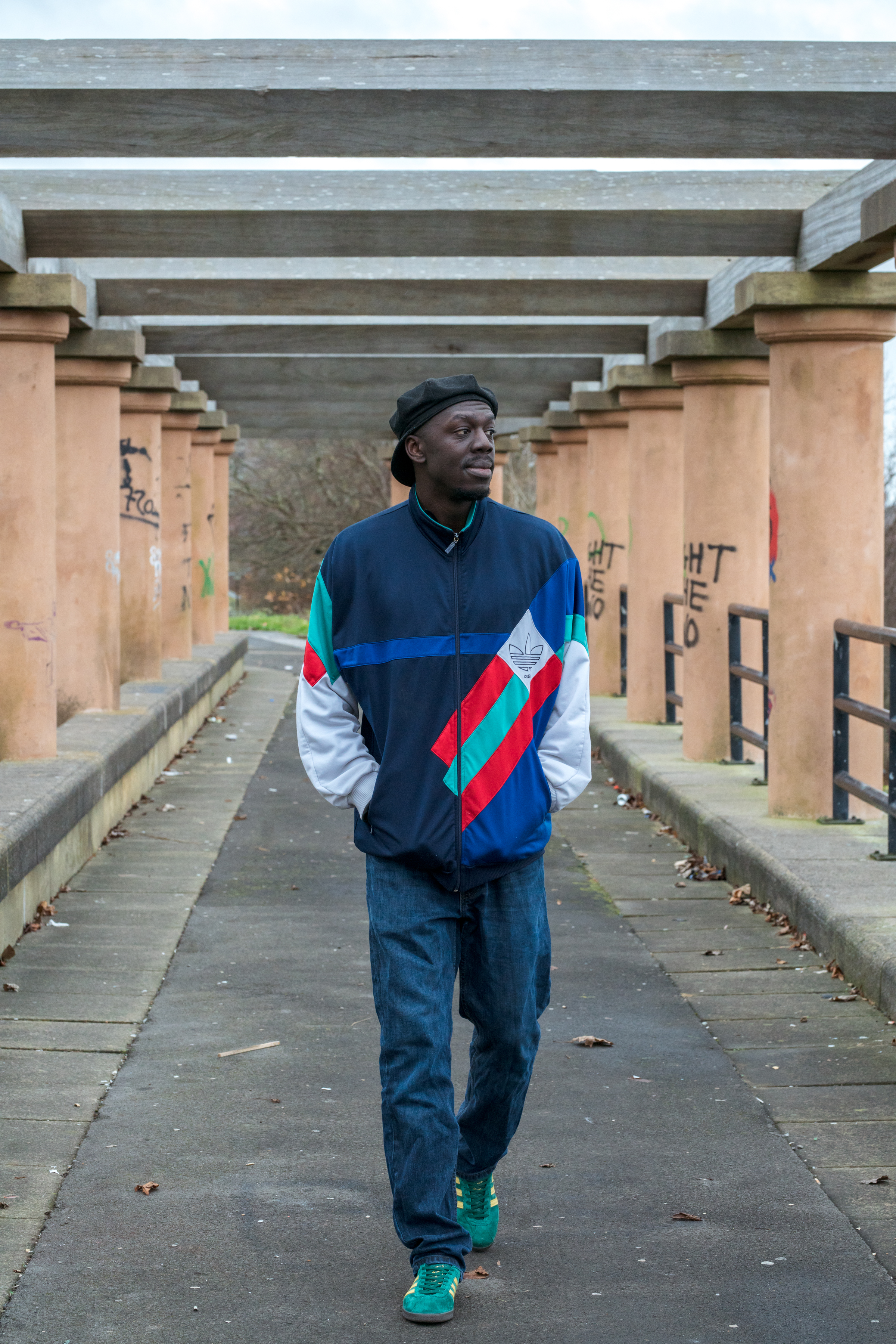
Do you feel like the diversity of the city is underestimated, considering its myriad cultural influences?
Lad, definitely. I think it’s an interesting one because, Scouse, in and of itself, is its own identity. People outside of Liverpool think of a certain type of person as embodying that identity, but it really is this perfect umbrella term that so many people can fit under.
Do you feel like it’s an identity that makes people expect something of you when you leave the city?
“You’ll like him, he’s a Scouser” or “You won’t like him, he’s a Scouser”. Honestly, it’s true. One thing travelling has taught me is that identity isn’t static. Like I said, growing up in Liverpool everyone’s Scouse, I was different because I was black, so that was my marker, then when I moved to London, the fact I was Scouse became my marker and that made me feel more Scouse, then when I moved abroad being English was my marker.
But, I think it can shift very quickly. We had an ‘0151 support group’ when I was down in London. It’s always good to meet another Scouser wherever you are; you stick together – which is handy because you can spot them from a mile away. We recognise each other anywhere.
Fancy reading another interview on all things Liverpool? Well, you can.
Click here for our catch-up with Peter Hooton.
And here for our chat with Jacqui McAssey.
Stay tuned for more exclusive interviews & content in the lead up to the adidas Originals ‘Liverpool’.


